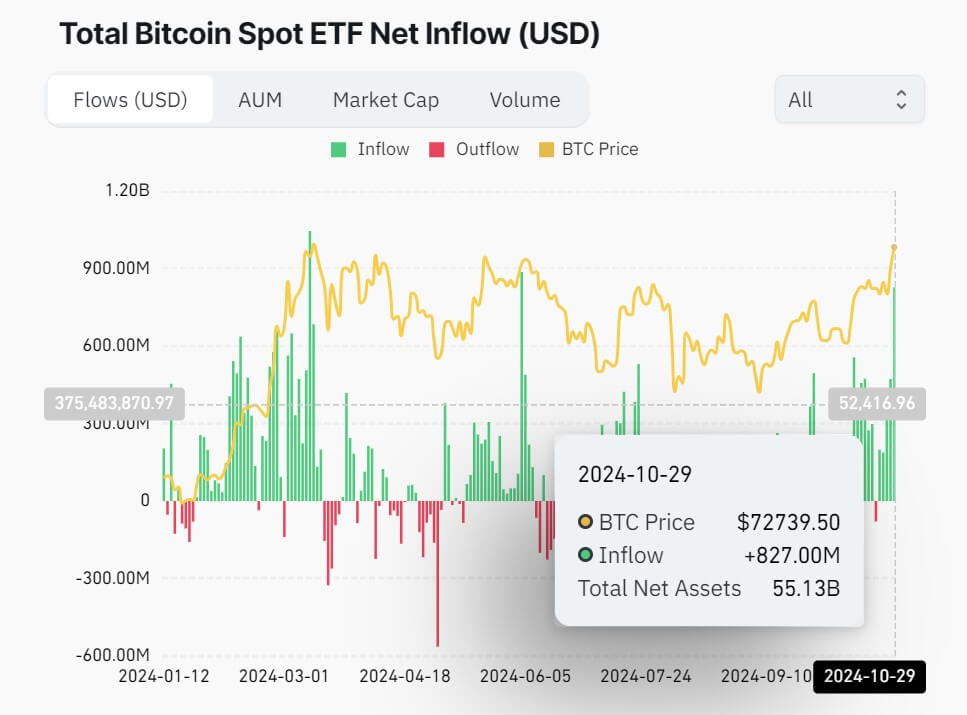- MrBeast allegedly made $23 million from insider trading in crypto projects.
- He reportedly used 50 wallets to promote and dump tokens, misleading investors.
- Evidence includes a publicly shared Ethereum address linked to $13 million in trades.
YouTube sensation MrBeast, known for his engaging content and 320 million subscribers, is facing serious allegations related to cryptocurrency trading.
A group of blockchain investigators claims that MrBeast, whose real name is James Stephen “Jimmy” Donaldson, profited significantly from questionable crypto deals, including a staggering $23 million from what they describe as insider trading.
MrBeast investigation by Loock.io
According to findings from advisory firm Loock.io and blockchain analysts, MrBeast has allegedly operated across approximately 50 wallets, utilizing exchanges such as Binance and Gemini to trade various tokens.
Notably, he reportedly promoted projects like SuperFarm—now known as SuperVerse—alongside fellow influencers like KSI and LazarBeam, only to later sell these tokens to unsuspecting followers.
In one highlighted instance, MrBeast invested $100,000 in SuperVerse, resulting in an estimated profit of $7.5 million. This profit came at the expense of early investors, who were reportedly left without returns due to legal loopholes that voided their gains.
The investigators argue that MrBeast’s influence in the crypto space allowed him to mislead investors while he profited from the very projects he promoted.
The evidence presented stems from an Ethereum address MrBeast publicly shared during a prior NFT purchase, which enabled investigators to trace transactions. They claim that approximately $13 million flowed through the aforementioned exchanges, raising questions about the legitimacy of these trades.
While the public blockchain allows for a certain level of analysis, it does not guarantee the absolute accuracy of claims regarding transaction origins. Nonetheless, the findings appear to have credibility, as they are grounded in publicly verifiable data.
As allegations swirl, the crypto community is closely monitoring the situation, which reflects a broader concern about celebrity endorsements in the volatile crypto market. With many celebrities venturing into Web3, the potential for controversy and financial mismanagement remains high, prompting calls for greater transparency and accountability.
The post MrBeast faces allegations of crypto insider trading appeared first on CoinJournal.

